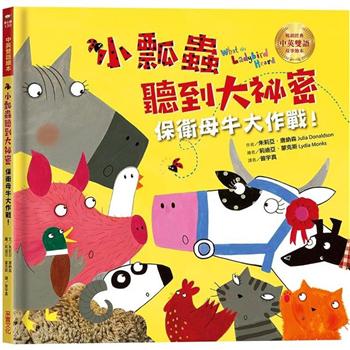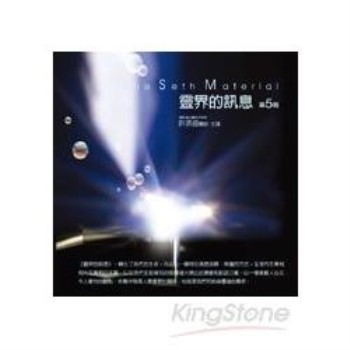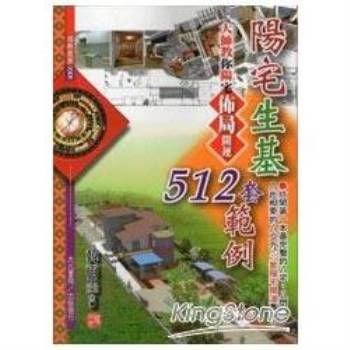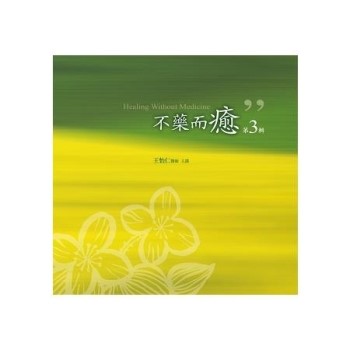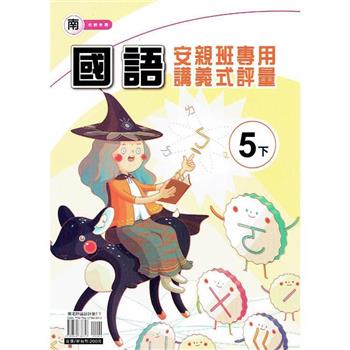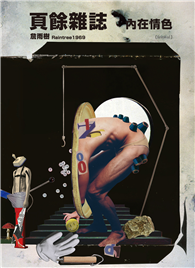Talking White Trash documents the complex and interwoven relationship between mediated representations and lived experiences of white working-class people—a task inspired by the author’s experiences growing up in a white working-class family and neighborhood and how she came to understand herself through watching films and television shows.
The increasing presence of white working-class people in media, particularly within the genre of reality television, and their role in fueling the unprecedented rise of Donald Trump, has made this population a central subject of U.S. cultural discourse. Rather than relying solely on analyses of mediated portrayals, Dunn makes use of personal narratives, interviews, focus groups, textual analysis, and critical autoethnography to specifically analyze how popular media articulates certain ideas about white working-class people, and how those who identify as members of this population, including herself, negotiate such articulations.
Dunn’s work provides alternative stories that are rarely, if ever, found in popular media—stories that feature the varied reactions and lived experiences of white working-class people; stories that talk to, talk with, and talk back to mediated representations and dominant cultural ideas; stories that illuminate the multidimensionality of a population that is often portrayed in one-dimensional ways; stories that move inside and outside the white working-class to better understand their role within, and influence upon, U.S. culture.

